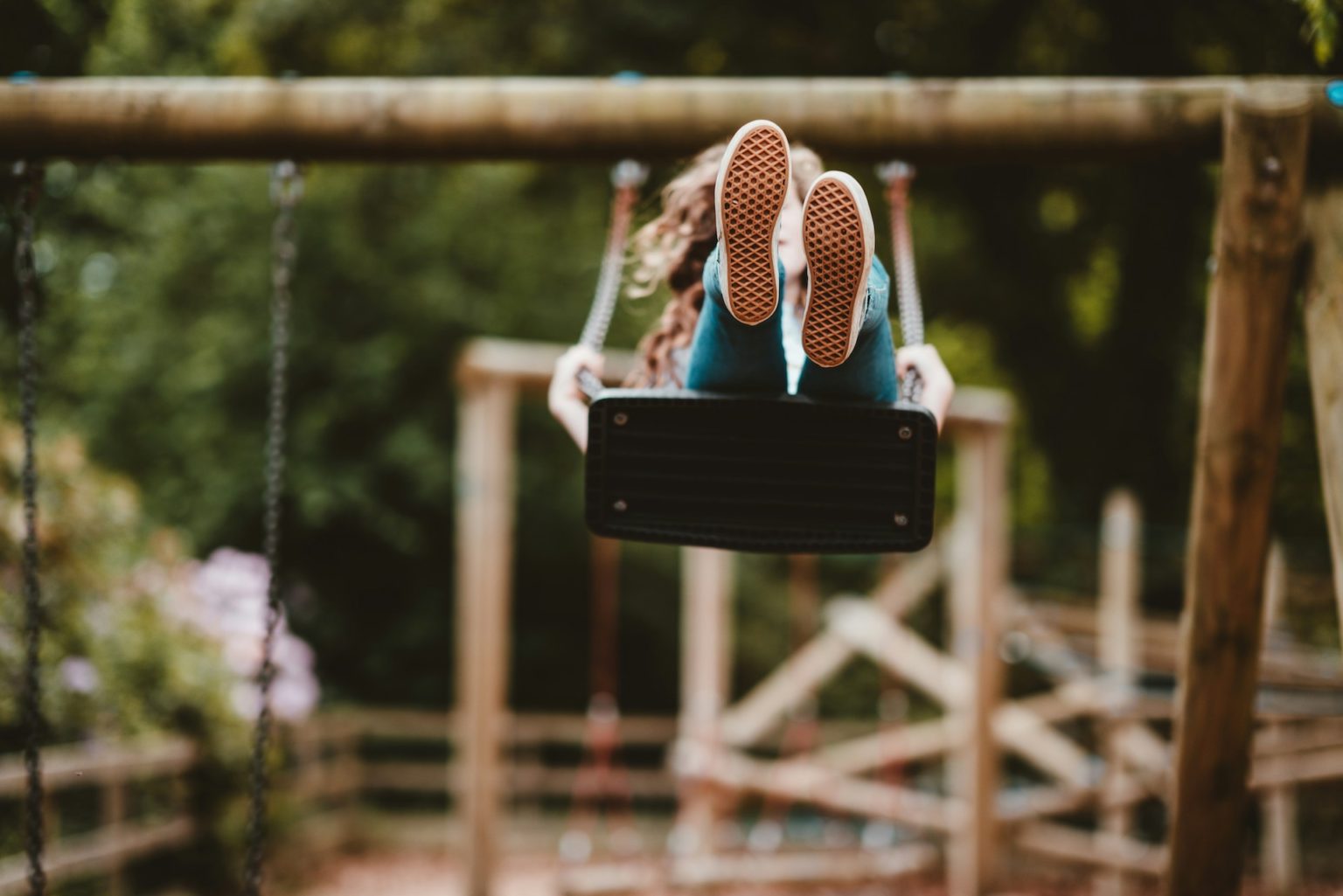
Need inspiration for kid-friendly gifts? Our therapists highlight their favorite toys of the season.
Summer is here! Are you looking for activities to entertain your children while continuing to provide opportunities for growth and development? Let's discuss some free outdoor activities that do not involve set up or clean up.
So why outdoor activities? The outdoors provides a unique set of opportunities for speech and language development. These include new vocabulary words related to nature, opportunities to describe our surroundings, opportunities to connect our verbal output to our immediate environment, and spark conversation and questions between caregivers and kids.
"The '5 Senses Game' is a great game that promotes descriptive language, observation skills, and turn-taking in conversation."

Take an opportunity to walk around your neighborhood or visit a local park and trail. While you are walking, biking, or, scootering make sure to take moments to stop and pause. Remember to get curious with your child. The “5 Senses Game” is a great game that promotes descriptive language, observation skills, and turn-taking in conversation. It can be altered for children of all ages and abilities. One sense at a time, start labeling what you see, hear, smell, feel, or taste.
For example:
Parent: “I hear birds!”
Pause and wait for child’s response
Parent: “Oh, I see the birds!”
If your child does not respond, feel free to continue noticing other things around you. Provide wait time in between your comments. This provides time and space for your child to notice things around them, too. If your child does respond, respond back with something else you might notice to promote turn-taking in conversation.

Bubbles is one of my favorite activities to do with younger children. It is so versatile and can be used to teach many skills. We can use this activity to target descriptive language, turn-taking, increase vocabulary, and engagement. If you have bubbles around the house, great! If you don’t, grab some dish soap, a bowl of water, and a straw or two. Provide descriptive words about the bubbles such as their size, shape, color, and movement. It’s okay to make it a very simple interaction. Keep it fun for both of you! Take turns blowing and popping the bubbles with your child.
Examples might be:
“Woah, a big bubble.”
“The bubble is going up!”
“The bubble popped!”
"A playground is also a great place to help children follow directions in a fun way."

Playgrounds can be great places for children to develop all types of social and language skills. It is a great space to help support children in initiating interactions with other kids, asking if they want to play, sustaining interactions, and promoting back-and-forth play ideas.
If the playground does not have other children there at that time, it is still a great opportunity for you and your child to connect! Playgrounds are great for building vocabulary. Running, jumping, sliding, and swinging are a few of the verbs that you can model for your child. For example, if your child goes down the slide you can model “Wee! You’re sliding!” Or if your child is swinging, you can provide descriptive words such as “you’re swinging high!” It is also a great place to model spatial concepts (e.g. on, under, over, above, next to). An example includes “You’re on top of the tower!” A playground is also a great place to help children follow directions in a fun way.
An example of this could be your child showing you how fast they can get to a certain place.
Parent: “Show me how fast you can run to the top of the slide.”
This simple command targets the spatial concept of “top” and requires the child to follow the direction of going up to the slide. If your child is still learning to follow directions, do the “challenge” with them so they can be successful in understanding.
I hope this was a good reminder that even simple activities can still be therapeutic and teach valuable lessons and skills. Remember, the name of the game is to have fun and create opportunities for connection and growth.